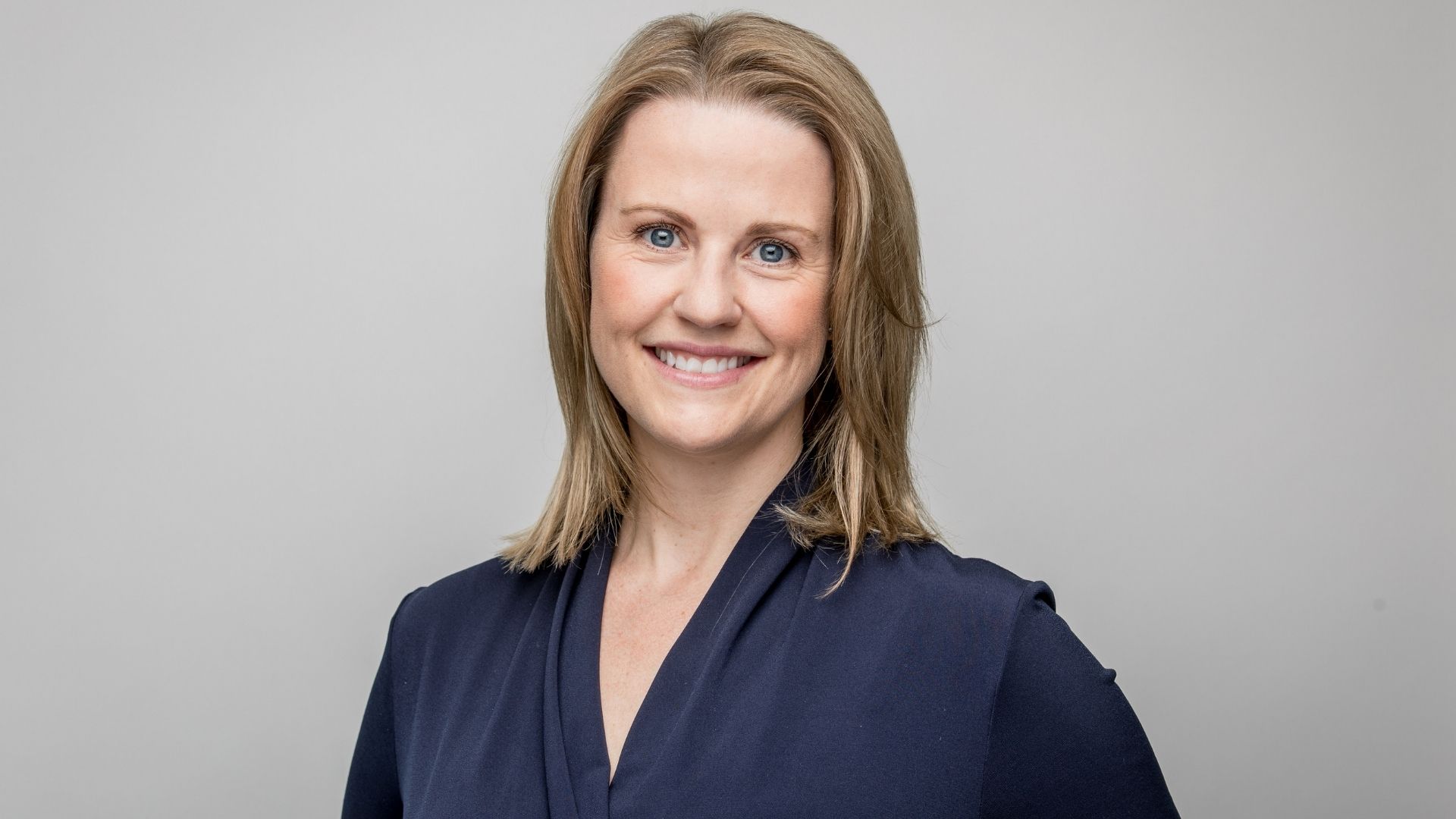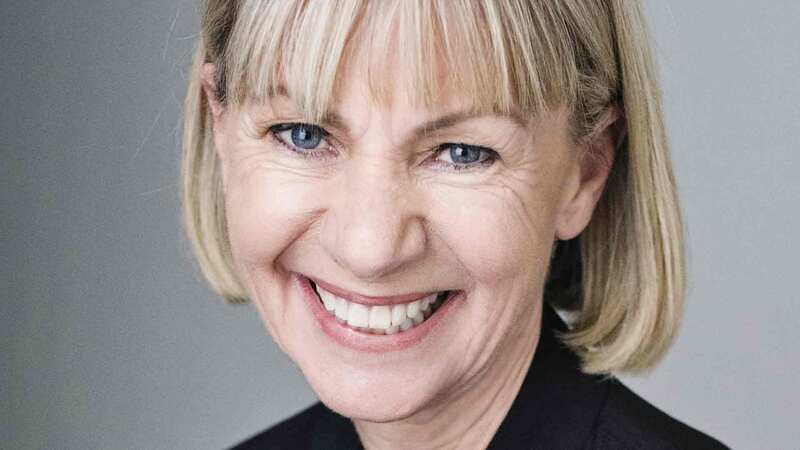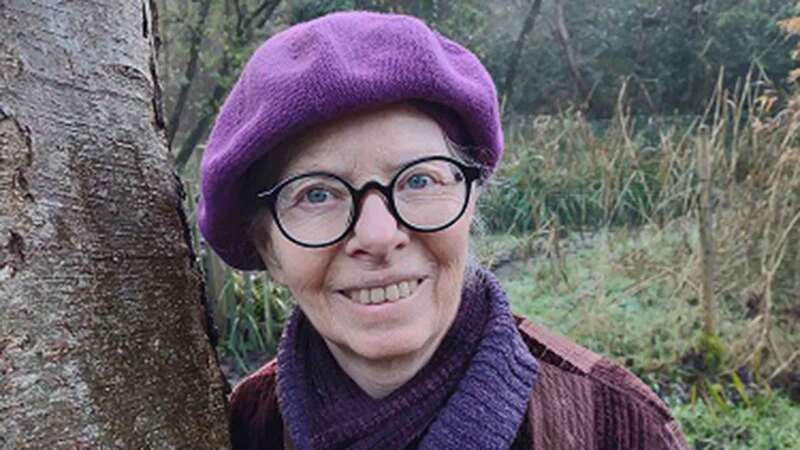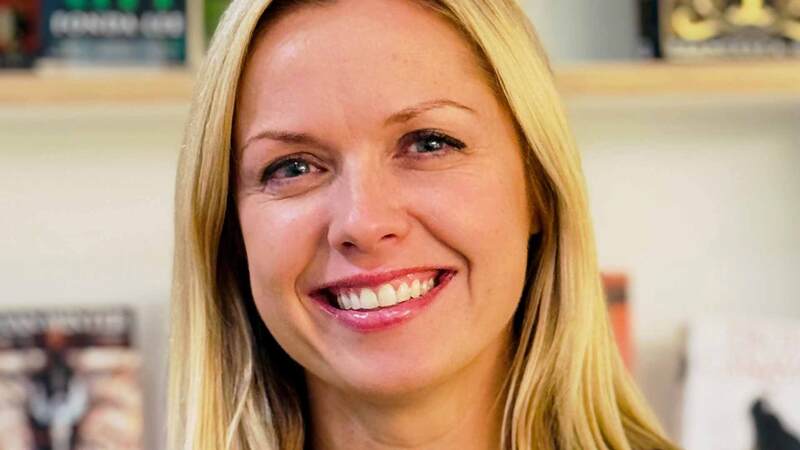You are viewing your 1 free article this month. Login to read more articles.
Hachette undergoes 'major overhaul' of recruitment after staff and author census
Hachette is undergoing a "major overhaul" of its recruitment and outreach practices to improve diversity in the workplace, after publishing the results for its first staff and author censuses.
Hachette c.e.o. David Shelley said the publisher has made "some progress" towards improving representation so far but said the newly published 'Changing the Story: People and Publishing Transparency Report’ "shows there’s still a very long road ahead of us". Group HR director Melanie Tansey (pictured) said the company would be focusing on improving gender balance and recruiting people from outside London as well as addressing the underrepresentation of people from Black, Asian and minority ethnic backgrounds, disabled people, and people from lower socio-economic groups.
A key element will be a new in-house team dedicated to building more inclusive recruitment and appointments systems and processes. The publisher has hired Riccardo Dixon as head of talent acquisition to oversee this, from a role as senior talent acquisition specialist at Disney, Tansey told The Bookseller. Hachette said the new team will ensure vacancies "reach the broadest possible range of candidates and support hiring managers to bring a fair and consistent approach to recruitment practices across the company".
The publisher is joining forces with Springpod, a careers platform, to revamp its work experience programme and make it more accessible to a broader range of young people around the country. It will run a new, fully virtual course called "The Business of Publishing" for up to 1,000 students aged 15-18 during February’s half-term, featuring self-directed learning modules, live events and coursework based on a business challenge. The programme will be open for applications from next week and Hachette UK is specifically targeting secondary school or sixth form colleges near its new national offices, schools with a high proportion of students from lower socio-economic groups, and schools with a higher proportion of students from Black, Asian and minority ethnic backgrounds, as these groups are underrepresented in its workforce. Students can apply here.
Tansey told The Bookseller of the new work experience scheme: "We've never done it before. And I don't think anyone in publishing has done it before". She said it "revolutionises work experience as we know it" and that because it is all done remotely, it removes some traditional barriers for outside London or without contacts in the industry so that the publisher can "reach so many more people".
Students completing the week-long course will learn about the different roles available, gaining CV and interviewing experience. At the end of the programme they will be encouraged to apply for jobs on Hachette's job pages on Twitter and LinkedIn. Ad-hoc work experience schemes in offices will continue, Tansey said, but stressed that the new programme is designed to "access talent and demystify the publishing industry to as many people as possible".
Hachette UK’s people census was the company's first to cover gender, gender identity, age, ethnicity, nationality, socio-economic background — including eligibility for free school meals, type and level of education, and parental education and occupation — regional background, sexual orientation, religion or belief, caring responsibilities, neurodiversity and disability. The 52-page report also includes a snapshot of Hachette UK’s publishing from 2019 and 2020, based on an author census.
Tansey said all applicants to Hachette and new hires will also be asked for this data on an ongoing basis to help them measure changes in the workforce over time. She told The Bookseller: "We believe so much in transparency and that's why we have asked such detailed and personalised information from our staff. We hope to reflect all readers in our workforce."
The census showed that three-quarters (75.8%) of Hachette UK Ltd staff are women (see image above). The publisher said it needs to "maintain focus on equal progression" and the appointment of women to senior roles, while also addressing the "significant unequal gender balance" in entry-level roles. Since its first gender pay gap report in 2017 (published in 2018) its board composition has changed from being one third women to a board with a majority of women.
However analysis of salary quartiles from highest to lowest salary by gender across the group (which also includes distribution) shows a "disproportionate number" of men at either end of the organisation, with 35% in the lower quartile of the group and 36% in the upper quartile. The publisher said: "This demonstrates that we need to focus as much on increasing the number of men in lower-paid roles as we do on overrepresentation in senior roles if we are to achieve greater gender balance throughout the company and ultimately eliminate our gender pay gap."
The publisher will also be publishing new wellbeing policies in 2022 including both a baby loss policy and a menopause policy, and will be working closely with the services Gender Balance, AgeWise and Wellbeing Networks on their creation and implementation.
In regards to ethnicity, the report showed it underrepresents the UK population in nearly all minority ethnic groups, (compared to the UK Census 2021) with the exception of Asian/Asian British Chinese, Asian/Asian British Indian and Mixed/Multiple White and Asian groups. Hachette UK is 84% white and this is broadly in line with the UK population at the last census which showed that the UK population was 86% white, although they are "significantly out of line" with the London population, which is around 60% white, and where the majority of staff are based. There is also only one non-white board member, group communications director Doyel Maitra.
The publisher said it is working "in close consultation and collaboration" with its THRIVE Network for Black, Asian and minority ethnic employees on action plans to address underrepresentation. It has vowed to track ethnicity in promotions, on future leadership programmes and development opportunities including a year-long board mentoring scheme.
To measure socio-economic data the publisher asked what percentage of staff who have an undergraduate or postgraduate degree also had one parent who was a graduate. The census showed this stood at 44% compared to 67% of the population of graduates who are the first in their family to attend university. The dominant parental occupation of staff when they were aged 14 was "a professional background" and comprises 45.8% of Hachette UK and 40% of the Group, compared to a national benchmark for the entire workforce in England of 37%. Just 16% of Hachette UK staff and 14.6% of the Group are from a ‘lower socio-economic background’, according to the report.
Likewise 6.7% of the Group were entitled to free school meals, compared to 15.6% of school pupils nationally as at January 2019, and 18.8% of Hachette UK staff and 15.8% of the Group attended private school, double that of the UK population (7.5%).
Hachette will continue to exclude requirements for any level of education from its job adverts, unless strictly necessary for a particular specialism to improve socio-economic diversity as well as continuing to signpost to The Book Trade Charity, which offers financial support to applicants.
As part of the author census Hachette contacted 6,820 authors, illustrators, translators, external editors and other contributors and around half of these responded. Tansey said this new information will be discussed at the board and among publishing divisions to "help make decisions about where we need to represent readers within our author base".
In 2020, 57% of respondents identified as a woman and 40.7% identified as a man. Around 2% were either non-binary, preferred to self-describe or preferred not to say. The publisher said 91% of respondents from its 2019 publishing and 88.5% from 2020 were white, compared to 86% of the UK from the national census in 2011. Just 2% of respondents published in 2020 were Black compared to 1.8% in 2019, and 4.3% were Asian, up from 2.4% in 2019.
Additionally around 21% of author respondents published in 2020 went to a fee-paying school, compared to about 22% of respondents published in 2019. This is "significantly higher" than the general population, Hachette said, but lower than the figure for the creative industries as a whole, which is 38%.
Next year, Hachette will relaunch The Future Bookshelf, an online creative writing community and open submissions platform for aspiring authors from underrepresented groups. It will become the home for all of Hachette UK’s creative writing programmes, starting with Modern Stories, an open submissions prize for Black, Asian and minority ethnic writers of crime and thriller novels, run by the editorial team at Headline and offering the winner a publishing contract.
To read the report, visit the Hachette UK website.




















